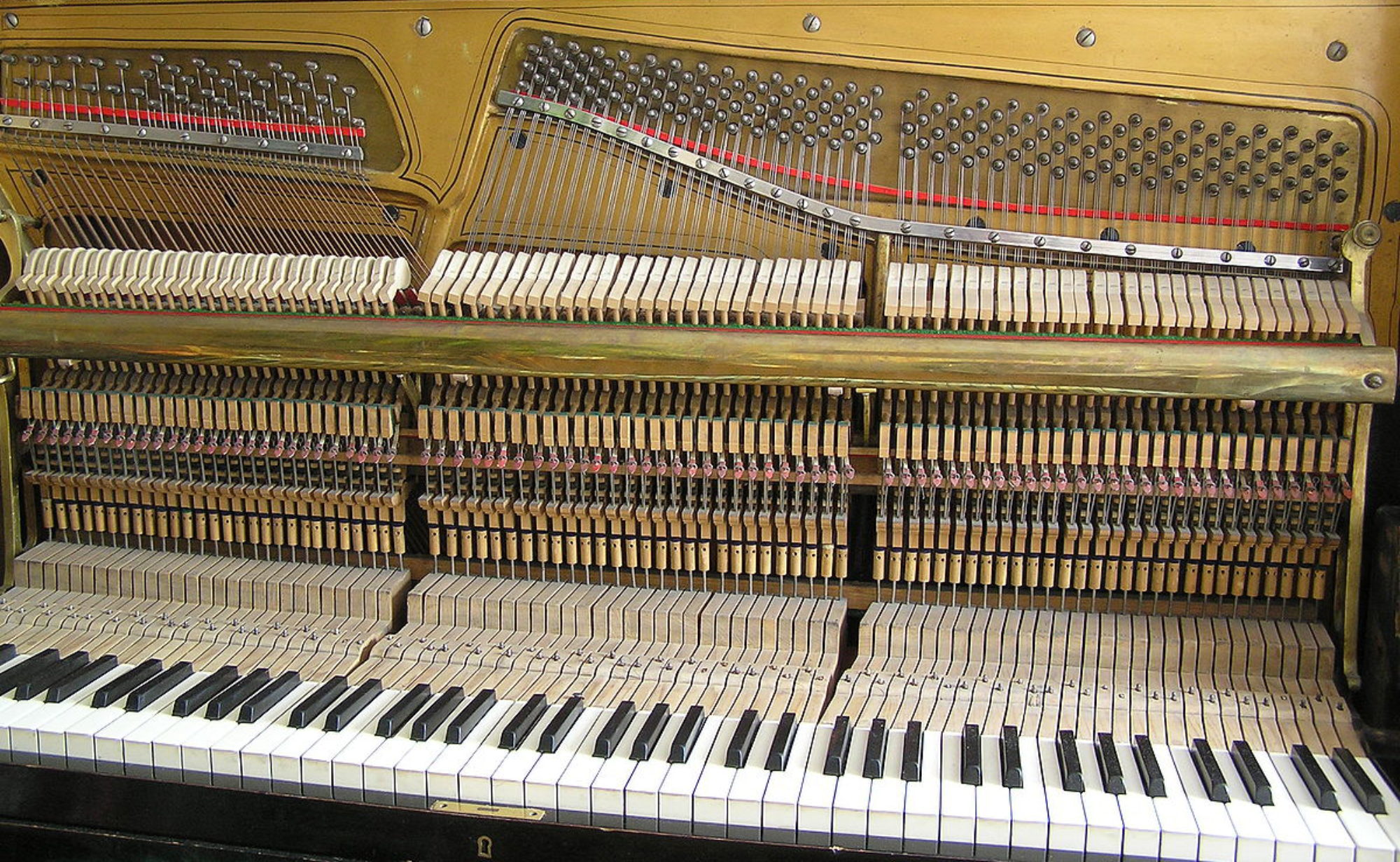History rhymed on multiple levels last Sunday afternoon, on January 4th, when Carnegie Hall presented “Notes from Ukraine, A 100-Year Celebration of ‘Carol of the Bells.’” The Ukrainian song, “Shchedryk” (“Epiphany Carol”) was among the pieces performed at Carnegie Hall by the Ukrainian National Chorus in October, 1922.
Then, as now, the performance was an affirmation of Ukrainian culture—of its existence, really—in the face of an onslaught by Russia, which would soon become the Soviet Union. Then, as now, the newly established Ukrainian National Republic’s national anthem was “Shche ne vmerla Ukrainy” (“Ukraine has not yet perished”). Then, as now, Russians claimed that Ukraine, and Ukrainian culture, did not exist.
Today Ukraine continues to draw crucial military support from European countries and the United States. Then, the debacle that was the end of the Great War was underway, when the great powers carved up Europe and the Middle East, sowing the seeds of decades of conflict. Despite affirmations of high principle including Woodrow Wilson’s assertion of the right of nations to self-determination in his Fourteen Points, the war-weary members of the victorious alliance allowed Ukraine to be overrun.
Before this happened, in May 1919 Ukrainian president Symon Petliura dispatched a choir to Europe with the mission of showcasing Ukrainian culture in hopes of winning the support of European powers, who could make possible Ukraine’s survival as an independent nation. “Shchedryk” was part of their repertoire. Its lyrics mention the arrival of swallows, which for Ukrainians represents the first sign of spring.
“Shchedryk” had been composed by Mykola Leontovych, a brilliant Ukrainian ethnomusicologist, conductor, and composer of more than 150 compositions for unaccompanied choral ensembles, who drew upon the melodies and texts of Ukrainian folk songs for inspiration.
Under the direction of Olexsandr Koshyts the choir visited 10 European countries and gave more than 200 concerts. The response was spectacular, a diplomatic triumph. Over 500 reviews in 10 languages extolled the virtues of the choir, of Ukraine, and of its culture. “Shchedryk” was frequently lauded.
However, although Ukraine was triumphant in its diplomatic offensive it faltered on the battlefield and was overrun by Russian troops. After the country succumbed to the Russian military, members of the Ukrainian intelligentsia began to be purged—murdered—in some cases shot in the street. Among these victims was “Shchedryk” composer Mykola Leontovych. The official cause of his death in 1921 was that he had been shot by a burglar during a robbery of his parents’ home, but he is widely believed to have been murdered by the Cheka, the Soviet secret police.
Despite these tragedies, the Ukrainian National Chorus continued to tour extensively, including a series of performances throughout North and South America, appearing at Carnegie Hall on October 5, 1922.
A popular American conductor and music educator of Ukrainian descent named Peter Wilhousky (who also composed a well-known 1944 choral arrangement of “The Battle Hymn of the Republic”) created English lyrics for “Shchedryk,” calling it the “Carol of the Bells.” Wilhousky had a relationship with the NBC radio network, and a performance of “Carol of the Bells” was broadcast over that network in 1936. This was well-received, creating demand by choir conductors who had heard the broadcast for publication of the piece by Carl Fischer Music. Their performances led to its widespread and enduring popularity.
For last week’s historic Carnegie Hall performance, the Ukrainian Children’s Choir was joined by the Ukrainian Chorus Dumka of New York, the Ukrainian Bandurist Chorus of North America, and The Choir of Trinity Wall Street.
Meanwhile, in a brief New York Times story with photos and sound clips, Marc Santora reported from Kyiv that despite the difficulty of maintaining its power grid under the continuing assault of Russian bombardments, “Ukraine’s Philharmonic Plays On.” Audiences for these performances are capped at 160 so everyone can fit into the facility’s underground shelter. Sound files accompanying the story include a brief interview with the orchestra’s director, Dmytro I. Ostapenko, and short clips from performances of Mozart’s Clarinet Quintet in A, K. 581, and a number from Lerner and Loewe’s My Fair Lady, “I Could Have Danced All Night” – a selection certainly chosen to convey a message of resilience. Thus, music continues to help inspire Ukrainians to endure, to persevere, and to celebrate the preciousness of life.
More at:
100 years ago, ‘Carol of the Bells’ came to America — from Ukraine (NPR audio story – 3 minutes)
As war rages at home, Ukrainian choir heads to Carnegie Hall to celebrate 100 years of ‘Carol of the Bells’ (Five minute + audio story from the public radio show The World <PRX>)
“Carol of the Bells” at Carnegie Hall: Celebrating the Centenary of a Christmastime Classic (This page on the Carnegie Hall website includes multiple pictures and historical images plus an 11-minute mini-documentary)
https://www.carnegiehall.org/explore/articles/2022/11/29/carol-of-the-bells
Ukraine’s Philharmonic Plays On (short New York Times report with brief video clips)
https://www.nytimes.com/interactive/2022/12/06/world/europe/kyiv-philharmonic-blackout.html
Additional reference
Virko Baley, “Leontovych, Mykola Dmytrovych” in Grove Music Online https://doi.org/10.1093/gmo/9781561592630.article.16442


